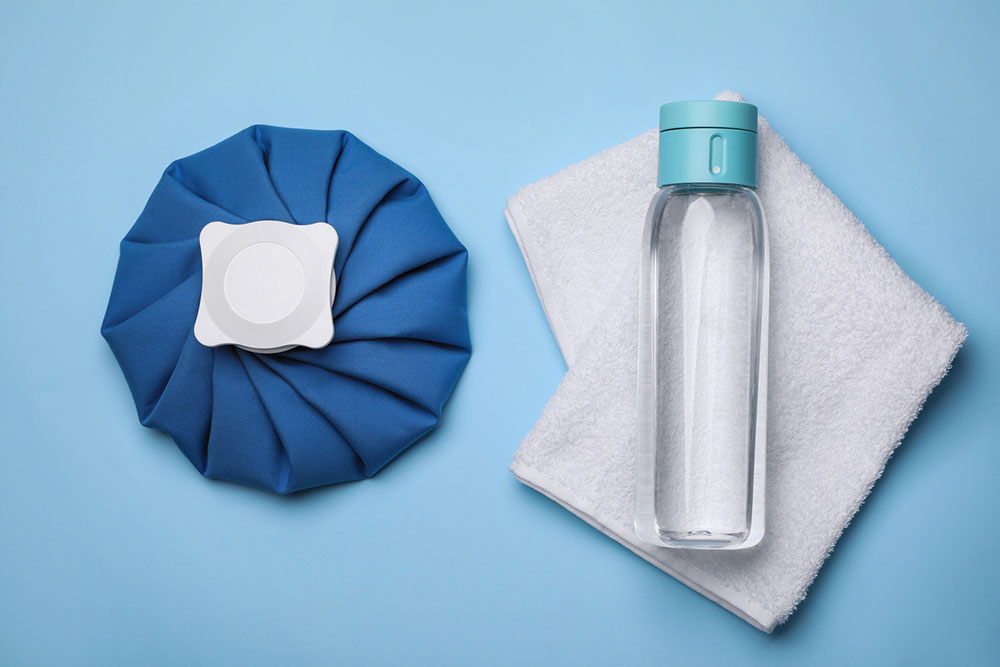5 daily activities that boost mental health

Mental health is about the brain’s functioning and everything else that impacts it. It is an umbrella term for psychological and social well-being and the ability to regulate and address emotions. Given its deep-rooted effect on daily life, it has garnered more attention, popularity, and support in recent years. Therefore, here are the five daily activities that can positively affect mental health. So let us learn more about each of them in detail: Get quality sleep Quality sleep plays a significant role in governing one’s mental health. Those who do not get enough sleep, or experience disrupted sleep, have reported more frequent mental distress than others. Building healthy sleep habits (such as avoiding caffeine after 3 pm and sleeping and waking at the same hours daily) can help improve sleep quality and mental health. Reduce social media Constantly scrolling through social media may cause one to compare their life to that of others. This can lead to feelings of low self-worth and can cause anxiety or depression. Therefore, one must limit their social media screen time and take up more meaningful activities or hobbies instead. Strengthen relationships Positive relationships with loved ones can also significantly improve one’s mental health. For instance, having a stable and reliable group of friends can reduce feelings of loneliness, increase access to emotional support, and add meaning to one’s life.






